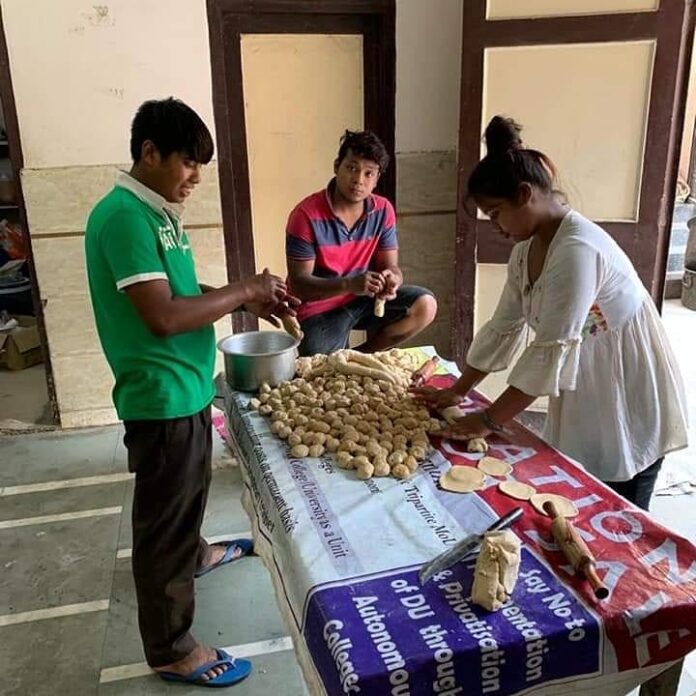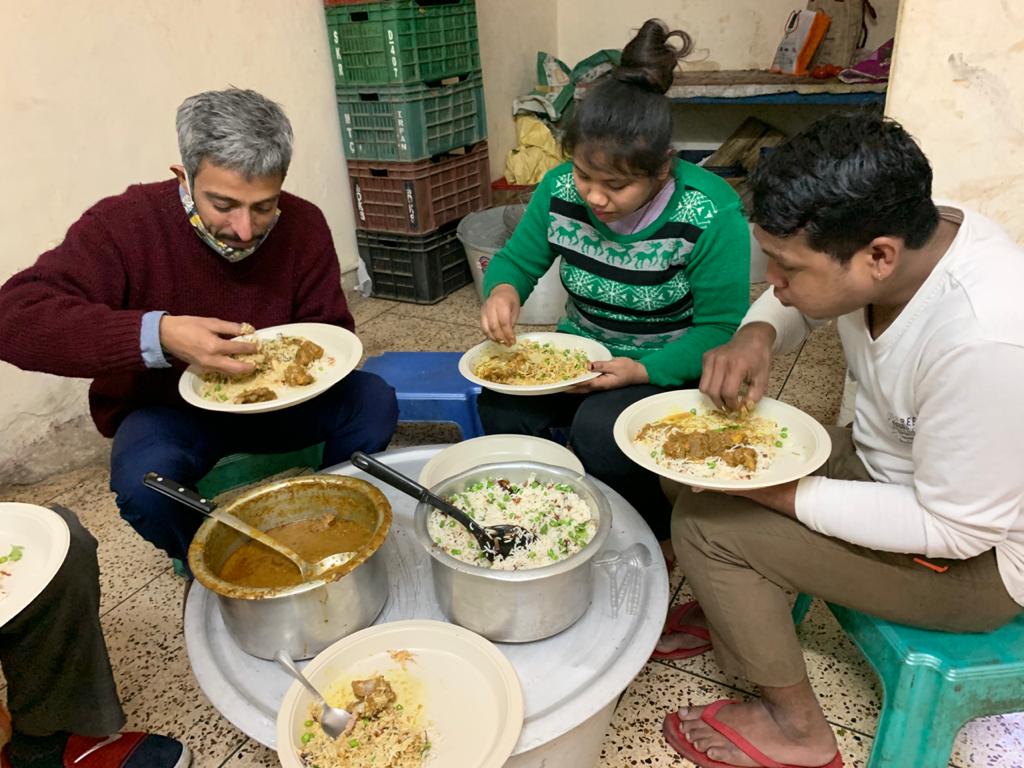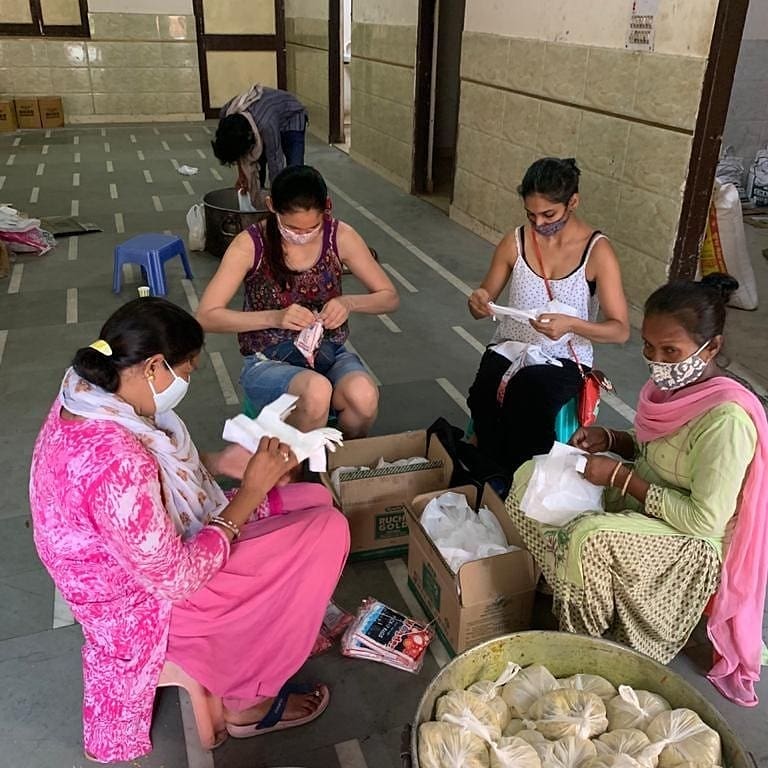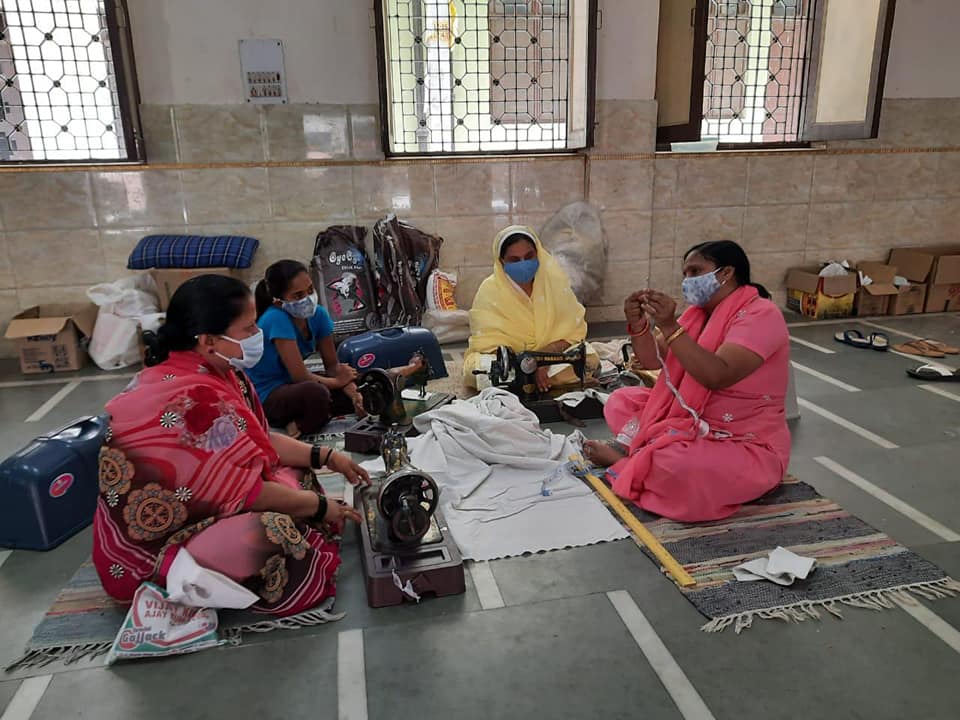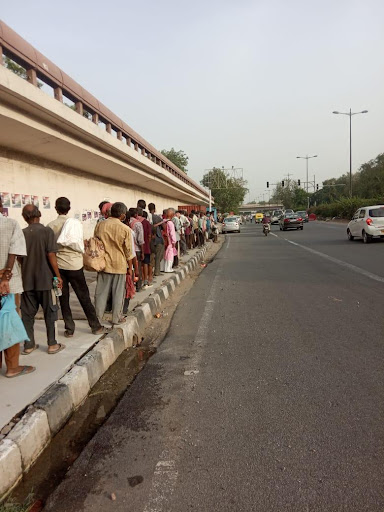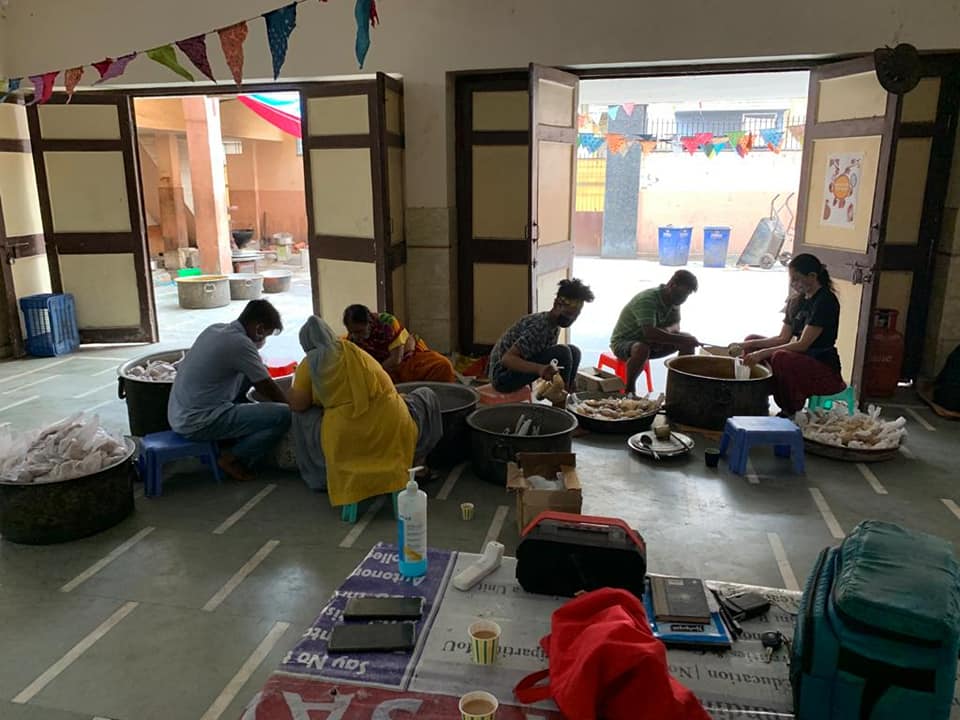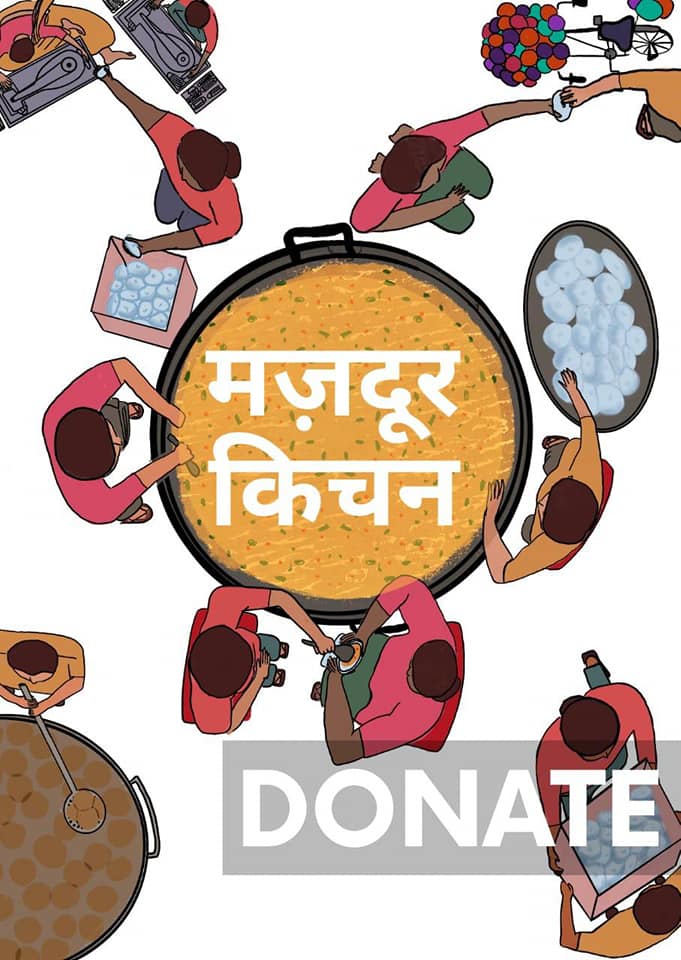Araria, BIHAR / Shakarpur, NEW DELHI:
By winning the prestigious Arjuna Award, the 25-year-old India women’s kho kho team captain has brought joy to her struggling father, who dedicated himself body and soul to fuel her passion.
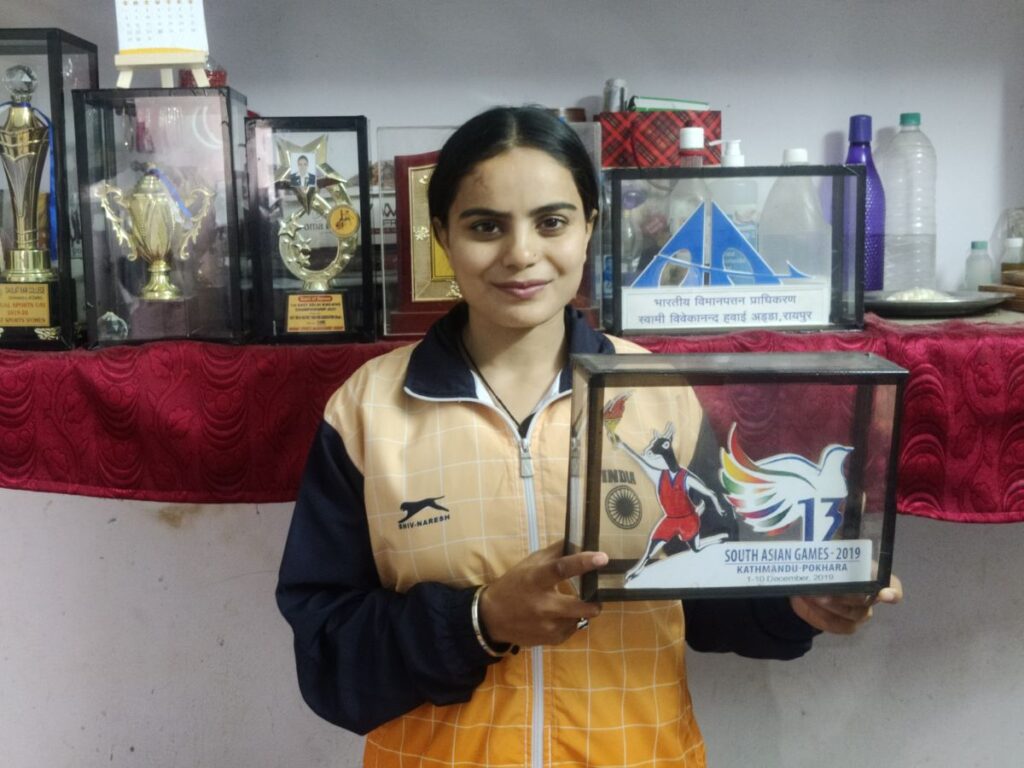
Nasreen Shaikh, a 25-year-old from Shakurpur, will walk down the iconic Durbar Hall of Rashtrapati Bhavan on January 9, to collect the Arjuna Award in Kho Kho, a sport that is not considered mainstream since it isn’t part of Commonwealth, Asian or Olympic Games.
She will become only the second kho kho player to win the National Sports Award in the last 25 years – the other being Sarika Kale Sudhakar in 2020 – after the indigenous sport became irrelevant at the turn of the century and struggled for recognition with the Union sports ministry backing Olympic sports heavily to eye medals in the quadrennial international multi-sports events.
“Kho Kho has changed my life. I have been able to support my struggling father,” said Nasreen as she flipped through a file looking for documents for police verification required to be sent to authorities ahead of the Arjuna Awards ceremony.
Nasreen’s father, Mohammed Ghafoor, came to Delhi in 1980 from Araria in Bihar, polished utensils for a living, worked as thekedaar (contractor) before losses forced him to try his luck at weekly markets. The father of 11 doesn’t rest even a single day and sets up shop in morning and evening all seven days of the week. He sells his wares – mostly utensils — in patri bazaar (roadside weekly markets) in Inderlok, Inderpuri, Minto Road, Patel Nagar, Ranjit Nagar, Karampura, Nangloi, Tri Nagar, Kishan Ganj, Shastri Nagar among other places.
“Generally, people focus on one market a day but I have been taking my wares to two bazaars every day for the last many years since household expenses are huge. I had to bring up kids (seven daughters and four sons) and also fuel Nasreen’s passion,” says Ghafoor.
“I worked a lot for her. It was my responsibility to provide her with the diet. She requires [protein] powders, chana, peanuts, nuts and almonds. I’d go to Lahori Gate to fetch all this and it would cost 5,000-6,000 rupees every time,” explains Ghafoor.
Nasreen is extremely grateful to her father, who is chuffed to see her daughter win the Arjuna Award.
“He even stopped visiting his hometown as it would set him back by a good amount. He made many sacrifices.”
There was also some resistance to her taking up the sport, especially kho kho, but when Nasreen began earning accolades and people around her saw prospects, all of that subsided and she started getting acknowledged in the family and among relatives.
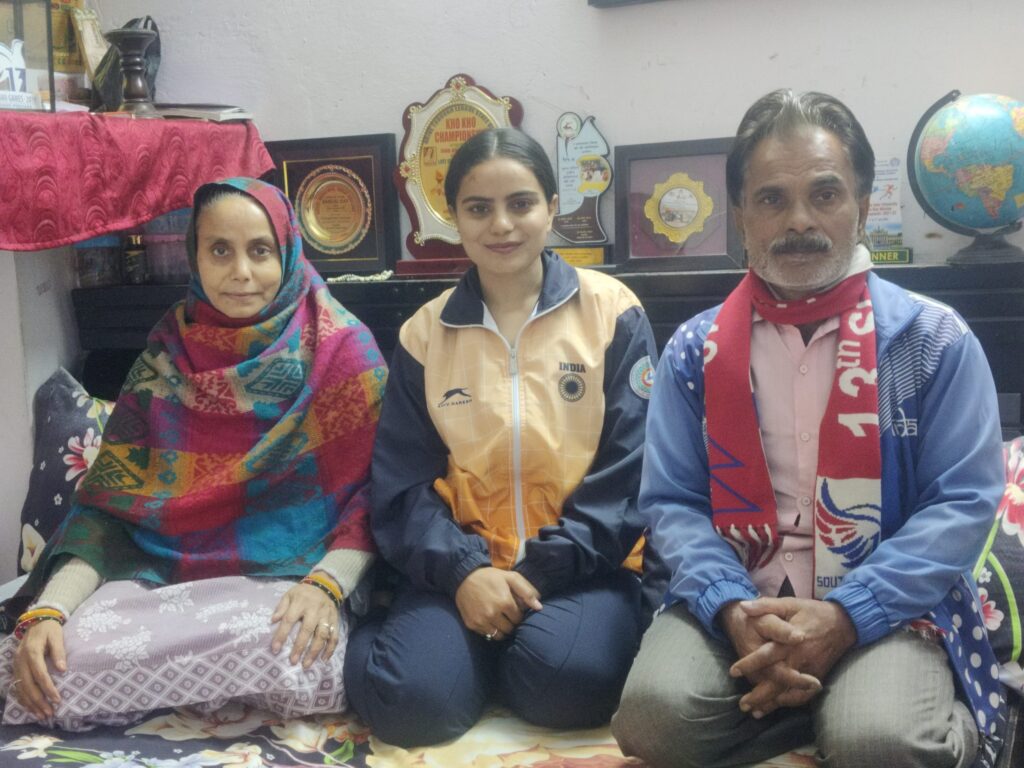
Hard Worker :
Nasreen’s father Mohammed Ghafoor) sets up shop all seven days of the week in patri bazaars to help fund her daughter’s training. To Nasreen’s right is her mother
“She was committed right from the start and I thought she should be given a chance,”adds Ghafoor.
Nasreen started playing kho-kho when she was in third standard at the Government Senior Secondary School in Kohat Enclave. She was also a very good athlete, winning gold medals in 100m and 200m sprints at school level. By the sixth standard, she was participating in the school nationals as well as the nationals in kho kho.
“Since we were financially vulnerable, I couldn’t play any sport that involved equipment. So, I had to pick kho kho and athletics,” says Nasreen, who graduated from Delhi University’s Daulat Ram College with BA (Pass) degree and is now doing M.P.Ed. (Masters in Physical Education) from Lovely Professional University in Punjab. She also completed B.P.Ed. (Bachelors in Physical Education) from the same university before this.
The big moment for Nasreen came in 2019 when she became captain of the Indian kho kho team for the South Asian Games. India won gold under her captaincy. She has so far competed in 50 national events and six international events. Even though the sport isn’t popular, still it is played in 38 countries.
While KKFI has started Ultimate Kho Kho, a franchise-based tournament that provides a platform for youngsters to earn and play, it is restricted only to male players. There are talks of having a women’s league on similar lines too but getting sponsors remains a struggle.
A few months after the high of becoming the national captain, her family struggled through Covid as her father had to sit at home without work. Kho Kho Federation of India, the governing body of the sport, chipped in with Rs 1 lakh and DYWA, an organisation based out of Delhi-6 also gave her Rs 50,000, to help her wade through the difficult time.
She worked on a stipend with Airports Authority of India (AAI).
“The stipend helped my family. But it had to end last year since the support is for only junior players,” says Nasreen, who is currently looking for a job and is hopeful that the Arjuna Award will help her land one.
“The sport has grown. It used to be considered a gali-kucha game. Earlier, we used to put money from our pocket for even travelling but now we are getting something back. Mittal sir (Sudhanshu Mittal, the president of the federation), announces cash prizes after tournaments and that helps. Prime Minister Narendra Modi backed the sport too in one of his speeches and it has boosted our confidence, given us recognition,” she adds.
Nasreen’s success has already inspired her two younger sisters to take up the sport. The four older ones are married and settled as home-makers.
The 18-year-old sister is studying at LPU in Punjab while the youngest, who is 14 years old, is studying in a school in Delhi.
“They both want to play kho kho.”
Her younger brother even gave up studies to cut down on their household expenses and ensure that Nasreen is left with as much money as possible for her training.
When at home, Nasreen leaves her home in hijab every morning on a scooty that she purchased recently and goes to a park in a different neighbourhood to work on her fitness.
“It (Hijab) is a norm here in our locality. But I take it off at the park during workout,” she adds.
The morning session is dedicated to endurance and fitness. She works out between 5 am and 8 am in the park before returning home.
“You need athleticism, endurance, stamina, and flexibility in this game. Everything. That is also a reason why I got hooked to it. If we play this game and become good players, we can participate in other games too like I participated in athletics.”
She works on kho kho skills in the evening session from 4 pm to 8 pm.
The set-up at LPU, she says, has helped her in training immensely.
While the Arjuna Award will be a feather in her cap and give her recognition, there is every likelihood that she will be celebrated as a star athlete in years to come. For the KKFI is planning biopic on her on the lines of those made on MS Dhoni and MC Mary Kom.
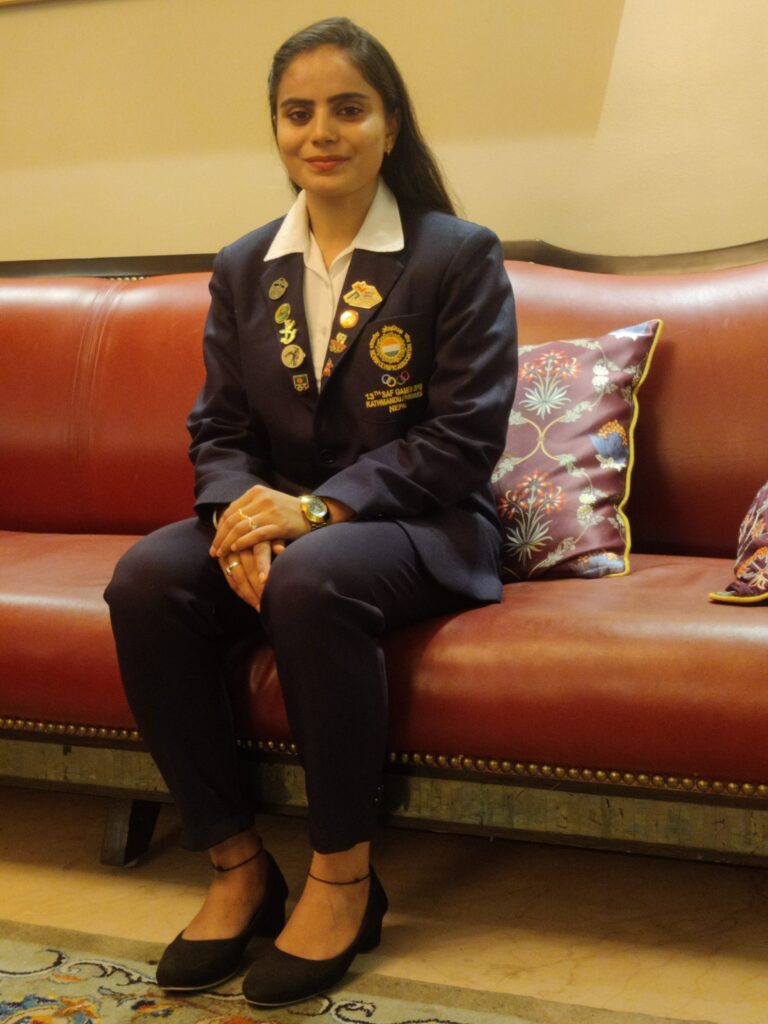
Special Player :
Nasreen Shaikh is the second kho kho player to win Arjuna Award in the last 25 years
“We are making a biopic on her. The plan is still in a nascent stage and we are working out the details like who will write the script, and who will direct the film among other things. She could play the protagonist herself or we could hire another actor to play her,” said Mittal, the KKFI President to Patriot.
source: http://www.thepatriot.in / The Patriot / Home> Delhi NCR / by Khurram Habib / January 09th, 2024
